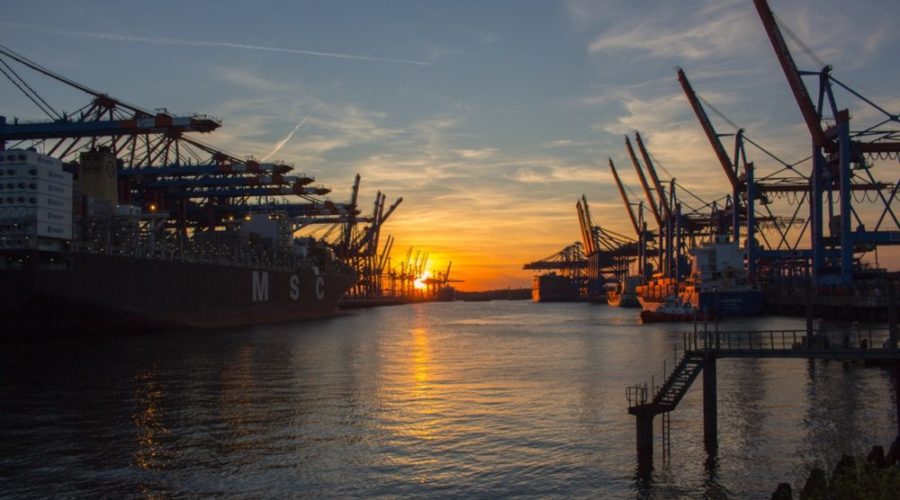
Up to Ten Free Ports to Be Created in the UK After Brexit
The government has announced plans to create up to ten free ports in the UK after Brexit, suggesting the move will open up trade opportunities for towns and cities following the UK’s departure from the EU.
Free ports – also known as free trade zones – are designated areas where the usual tax and tariff rules of the country in which they reside do not apply. This means companies can import goods, manufacture and re-export without being subject to import taxes or any additional customs checks and paperwork.
More than 130 countries worldwide have free trade zones, with the majority being in the Far East. However, there haven’t been any freeports in the UK since 2012.
Under the government’s new proposals, all UK ports and airports will be able to apply for free port status. Prime Minister Boris Johnson had pledged to create “about six” free ports during his leadership campaign; however, International Trade Secretary Liz Truss announced earlier this month that a new Freeports Advisory Panel will be advising the government on the establishment of up to ten free ports.
The nine members of the Freeports Advisory Panel include Richard Ballantyne, CEO of British Ports Association; Tim Morris, CEO of UK Major Ports Group; and Tom Cloughtery, head of tax at the Centre for Policy Studies.
Free Ports Returning to the UK
The UK had seven free ports at various times from the 1980s, including Southampton, Liverpool, the Port of Tilbury, the Port of Sheerness and Prestwick Airport. The legislation establishing them wasn’t renewed in 2012, but with the UK expected to leave the EU on 31 October, the government sees free ports as being central to ongoing economic growth.
Commenting on the plans, International Trade Secretary Liz Truss said: “Freedoms transformed London’s Docklands in the 1980s, and freeports will do the same for towns and cities across the UK. They will onshore enterprise and manufacturing as the gateway to our future prosperity, creating thousands of jobs.
“We will have a truly independent trade policy after we leave the EU on October 31. I look forward to working with the Freeports Advisory Panel to create the world’s most advanced freeport model and launch the new ports as soon as possible.”
Richard Ballantyne, CEO of British Ports Association, commented: “The potential selection of ten UK free port sites could be transformational for some locations, but there will need to be some balance to ensure that those ports which don’t have status are not disadvantaged.
“The British Ports Association is working with ports and airports on ambitious complementary proposals for ‘Port Enterprise & Development Zones’ that will support economic activity across a much wider range of ports all across the UK. These proposals contain a series of recommendations around planning, enterprise and the tax system that could be incorporated into or sit alongside a UK freeport model.”
Serving All Major UK Ports
At Waller Transport Services, we offer a complete logistics service to companies in a wide range of sectors. With a strong presence at major UK ports and the ability to organise air freight solutions where required, we are well-positioned to serve any company looking to move loads between the UK and Europe – both before and after Brexit.
No matter your requirement, we will have the logistics solution to get your goods moved safely, so don’t hesitate to get in touch today.
